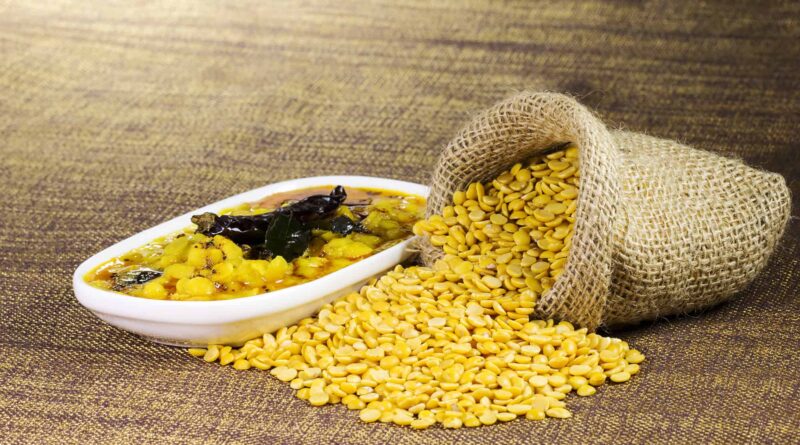India to import tur, urad from Myanmar in January-February.
The government is set to import 400,000 tonnes of tur dal (pigeon pea) in January and 1 million tonnes of urad dal (black gram) in February from Myanmar to keep a lid on rising prices of these pulses in the domestic market, a senior official told ET.
India is importing tur at a time when harvesting is still under way, as it anticipates lower production compared with last year on account of a fall in acreage.
In January this year, the government imposed a stock limit on tur and urad to prevent hoarding and unscrupulous speculation, and help improve affordability for consumers. While the restriction was to end on October 30, the government extended it till December-end.
On Tuesday, the all India retail price of urad was Rs 11,198.09 a quintal against last year’s Rs 9,627.48, according to government data.
Retail inflation in pulses accelerated to 18.79% in October, mainly due to a sharp spike in the prices of tur (40.94%), gram (11.16%), and moong (12.75%). The rate of inflation in tur was higher than 37.3% in September. This is despite the government’s effort to increase imports from Africa and Myanmar by scrapping the import duty on tur in March.
Making matters worse, the acreage under tur shrank during the kharif season, leading to production shortage which in turn pushed food inflation in the last few months. The area under tur dropped from 4.61 million hectares on September 29, 2022, to 4.39 million hectares on September 29, 2023, show government data.
According to the first advance estimates of the Ministry of Agriculture for the kharif crops of 2023-24, production of tur is estimated at 3.42 million tonnes, which is almost similar to last year’s production. The area under urad is estimated at 3.07 million hectares, compared with about 3.10 million hectares last year.
‘The total annual requirement of tur dal in India is 45 lakh (4.5 million) metric tonnes as it is consumed in most parts of India,’ said Bimal Kothari, chairman of the India Pulses & Grains Association.
Experts indicate that with tur prices still nearly 40% higher in November, pulses inflation may accelerate further. Tur has a 0.8% weight in the retail basket.
At the wholesale level, tur dal is hovering at Rs 87-90 per kg. ‘Post imports, it is expected that there will be no sudden surge in prices. The consignments for tur will land in India from Myanmar in January,’ added Kothari.
According to the Bank of Baroda’s 2023-2024 kharif crop projection report, urad dal production will be down to 1.5-1.6 million tonnes as compared to 1.77 million tonnes in kharif of 2022-2023.
This article has been republished from The Economic Times.

